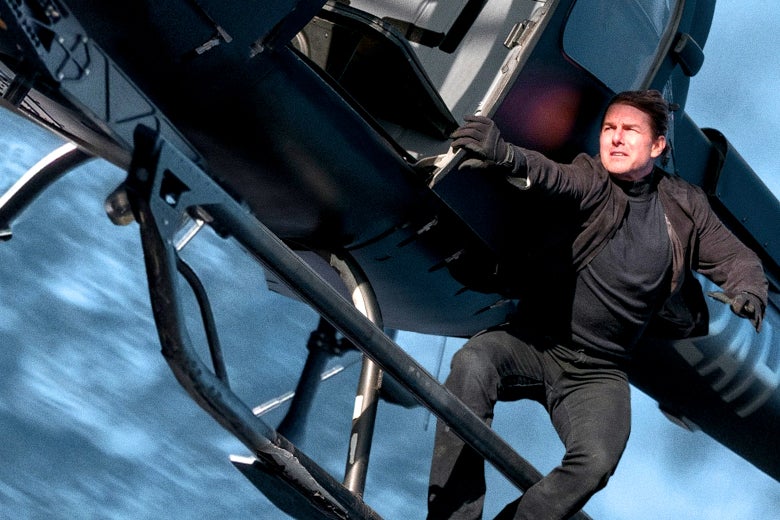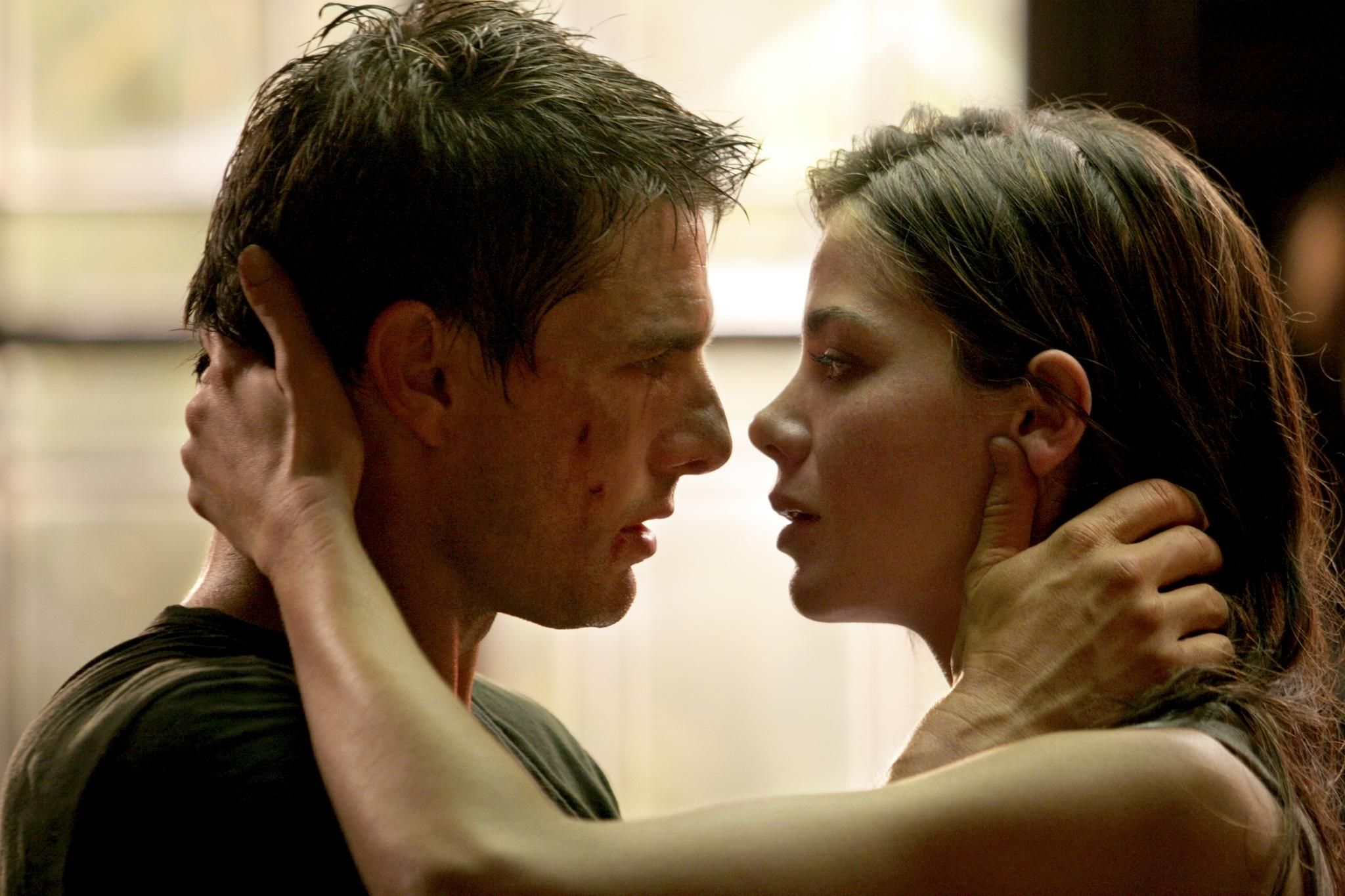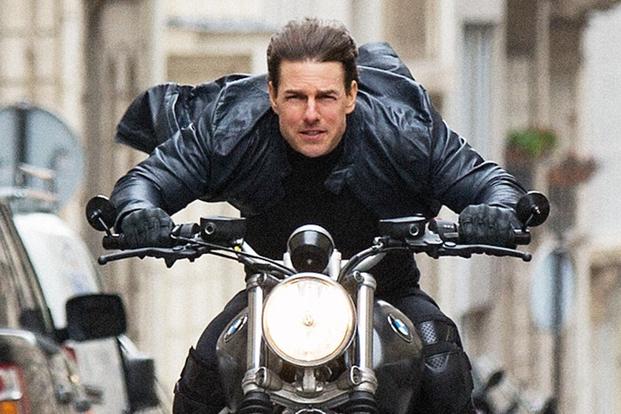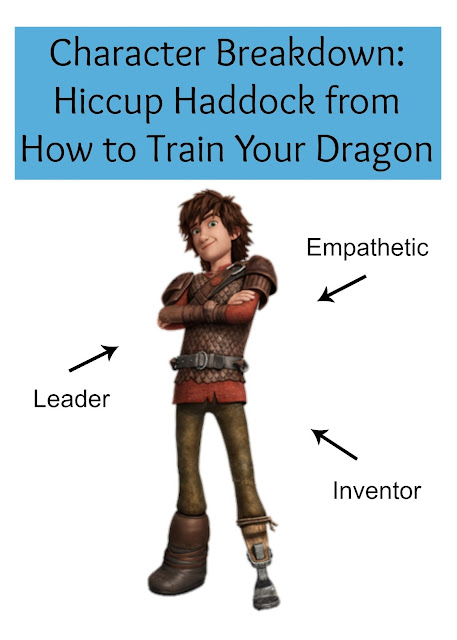Writing Tension Like Mission: Impossible
The Mission: Impossible movies are great in many ways. They've built up their characters, their world, and their plots to be some of the best movies I've seen (except number two. We don't talk about that one). One of my favorite things about them is the way they build up to climatic sequences so tense I want to chew my own arm off. Every time I watch a new one, I don't think it can get any better, but it does. (Which makes me wonder if number seven will flop.)
That's why today we're going to be looking at how Mission: Impossible does that so well. Get your sunglasses and prepare the gadgets. It's time to become secret agents.
Foreshadowing
Mission: Impossible does great with payoff. If something is hinted at, it will probably happen. There's a bomb? Of course it's going to go off. There's a pressure plate floor? Something will fall towards it. Oh, those electronic gloves you're using to climb the building? Totally going to fail at the last minute. Good foreshadowing followed through is what audiences love to see.
Planning out foreshadowing isn't that hard to do. You know what big things are going to happen later, so figure out where you can foreshadow that earlier. The hard part is pulling it off properly. You can't be too obvious or subtle. It's an art.
Up the Stakes
One of my favorite things about these movies is how they constantly up the stakes. They don't just throw Ethan in a dangerous situation, they also hang him off the side of building, or a plane. He needs to stop the bad guys, but he's ten blocks away. Oh, and his friends are also fighting their own battles and probably someone's girlfriend needs saving. No matter what could go wrong, it probably will.
Next time you want to make your story more tense, add something to up the stakes. Sure they're tied up in a basement while the bad guy is going to destroy the world, but they also have a broken ankle. And the bad guy has their friend. Oh, and don't forget the bomb. But be careful not to add too much, because a little tension goes a long way.
Add Emotional Stakes
Another great things about the movies is that Ethan Hunt, the main character, isn't your classic action hero. He isn't big and buff. He's kind of soft spoken, smart, and an incredibly fast runner. Even better than that though, is that he's married. Except that he had to leave her to protect her from all the people after him. (And of course they still go after her.) Adding that extra emotional depth adds a whole other level to the story.
In what ways can you up your emotional stakes? Who could be hurt if the hero doesn't accomplish their goal? It could be a friend, or a family member. Or what about if the protagonist has to make a choice that could hurt them emotionally?
Give it a Time Limit
Each time there is an action sequence, you can bet it's going to have a time it has to be completed by or mission failure. This ramps up the tension by 500% all by itself. My favorite probably has to be the one at the end of MI6 when there's a bomb and they can't communicate with Ethan so they don't know when it's safe to defuse the bomb while he has to get the bomb controller from a guy in a helicopter. It makes more sense in the movie, I promise. I was so on edge during this scene.
Think of ways you could add a time limit to whatever your protagonist is trying to accomplish. What will happen if they don't do it? The higher the stakes, the bigger the tension. This will look different in a high school story than an action thriller, but the principal is the same.
Remember Room to Breath
The thing that really makes movies like Mission: Impossible work so well is not non-stop action scenes. It's those quiet moments in between that give us and the characters time to take a breath and figure out what to do. These quiet moments are also when the most character development happens or characters figure out the next big step in the villain's plan.
After a big sequence in your novel, make sure to take a moment to slow down. Without those moments, the tension will seep out of your scenes and leave the audience bored. No one wants non-stop explosions, or talking. You need the perfect mixture of both to make it work.
Have you watched Mission: Impossible? Which of these lessons have you used recently? Tell me in the comments.
Suggested Posts:
Writing a Team Readers Will Love
Writing Lessons from Indiana Jones










I haven't seen mission impossible, but I want to. Love all the tips, I love to write action and adventures. :)
ReplyDeleteastorydetective.blogspot.com
You should watch it. Glad you liked the tips. :)
Delete